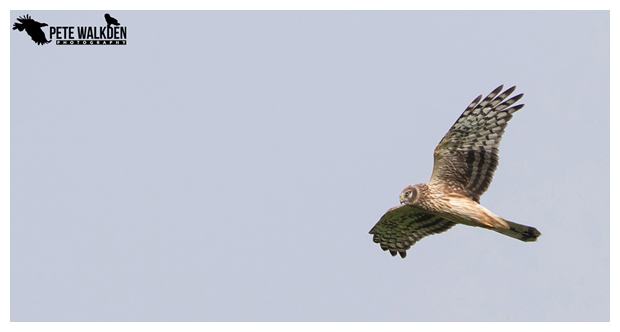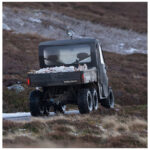
Mountain Hare Cull
9th November 2017Missing: English Hen Harriers
May I start by saying I am no scientist. I do not have a degree in ecology, zoology or anything relating to the welfare and survival of species native to our green and pleasant land. Hence this piece won't be a carefully contructed analysis of the desperate situation; more of a rambling outpouring of my thoughts at it all. My background is in IT, so perhaps I have a logical mind; it certainly helped with programming and it aids me when looking at the state of affairs with regards to the hen harrier, or more to the point, the lack of them in England.
We all have passions in life. Mine is photography, specifically wildlife photography, and I am never happier than when I have a bird of prey in my camera's viewfinder. I love the way they look, the challenges nature and the elements throw at them, and the skills they inherently know or learn during life to find enough food to survive. In a land without many predators, they are often at the top of the food-chains in England, and they have to kill other creatures to feed themselves, or their young.
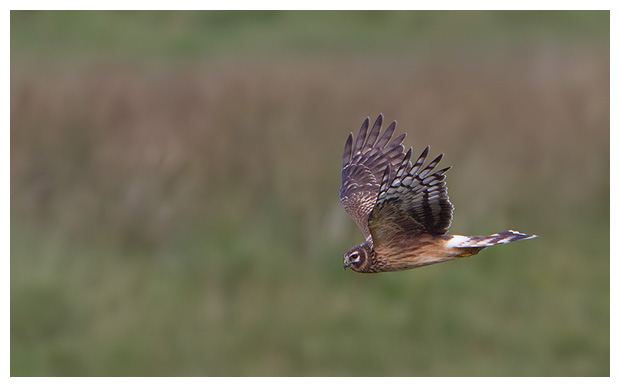
Of course we humans also kill things to eat. I still believe we are designed to be omnivores, so meat or fish should be a part of our diet. I know in time this will be an outdated view, and we'll be eating coloured pills from labs that provide us with all the nutrients we need, and eventually livestock farms and fisheries will be consigned to the history books.
We humans don't however, need to kill things for fun. We live in a civilised country. We don't dunk people we believe to be witches anymore, we don't have bears dancing for pleasure, and thankfully of late, we shouldn't be riding around on horses chasing down foxes with a pack of savage dogs. With the advances in computer generated imagery, I find it incredulous that people still feel the need to shoot living creatures.
But they do, and in the UK this is pretty much restricted to birds. Across gorgeous areas such as the Cotswolds, folks gather to shoot pheasants and partridges, and higher up on the hills, on the barren moors, similarly weird folks point their guns at grouse. So in order for these strange people to have something to shoot at, the landowners employ gamekeepers, who manage the land and more importantly the animals living upon it, to provide the largest number of these birds as possible.
While some game is bred to artificially high numbers, the gamekeepers also have to employ methods to protect these birds until the time they are to be shot, and this is where the problem with hen harriers comes in.
In a nutshell, hen harriers prey upon the game, thus reducing the numbers available for shooting, which makes them the enemy of those paid to provide it.
Humour me... Look at the number of student digs around pubs and eateries in cities. It's not hard to work out why. They only need to stumble a few yards to get the food and drink they need to keep going each day, and the same bizarre logic applies to hunters and prey: they go where the food is.
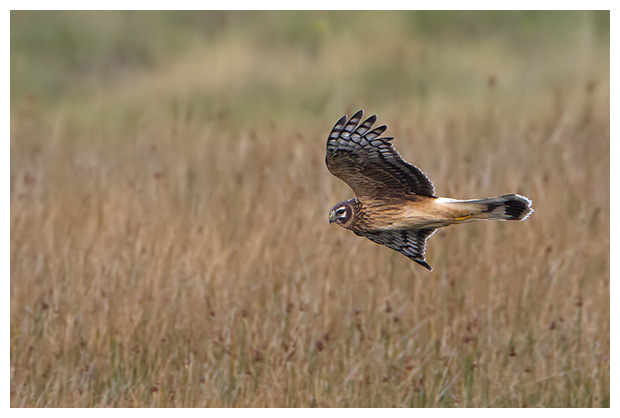
Take a look at a seabird colony. Thousands of birds nesting on cliffs overlooking the sea. Watch the area for a while and you'll undoubtably see predators; often peregrine falcons for example, that will nest among their prey. They only need to catch a thermal from their roost, rise up and then dive down for a take-away meal for their dinner.
So imagine being a hen harrier. Gliding over quiet fields until you encounter what appears to be heaven; an all-you-can-eat buffet of birds. You think you've hit the jackpot, definitely a place to set up home, and land on a post to enjoy the view. Unfortunately, as you touch down, a spring-loaded metal pole-trap snaps shut around your legs, breaking both in a fraction of a second, and you dangle there, upside-down until you starve to death.
Horrible isn't it?
Persecution
But this is just one of the methods used by some gamekeepers to manage the wildlife on their patch. Hen harriers, as well as other predators reduce the number of grouse, and hence are (illegally) killed on grouse moors. If a nest is found, the eggs (if unhatched) will be trodden upon. If hatched, poisoned bait could be dropped nearby for the adults to bring back to wipe out the family. Or in many cases, as the adult male hen harrier is responsible for bringing home the food (sometimes to more than one nest), if he is killed, then chances are the nest(s) will fail.
There are, it is sad to say, a lot of methods used by people to kill off unwanted predators - just Google "hen harrier persecution" to read more - I won't delve into them all, as they're not particularly relevant here.
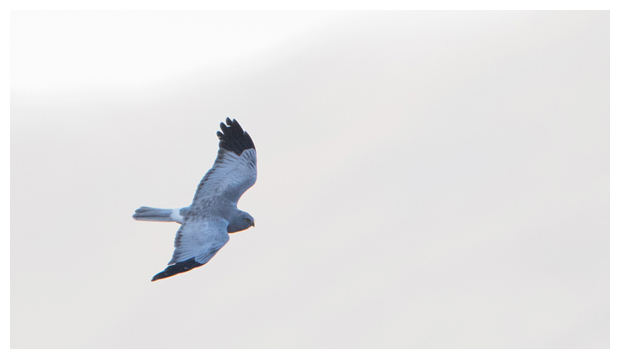
Note the italics on the word "some", when I mention gamekeepers above. There are, I am sure, decent, honest, law-abiding gamekeepers out there who must tear their hair out at the actions of others, but, and here's where the logic comes in, I feel they are in the minority for grouse moors, in England at least.
You see my logic tells me, that if the majority of grouse moor gamekeepers in England were abiding by the law, and welcoming birds of prey on their land as their supporters proclaim, then the majority of these moors would have these birds on them, and we would be able to travel to such areas, and feel very unlucky if we happened to choose one that didn't have hen harriers and other raptors thriving upon it.
As far as I know, this year (2016) not one grouse moor in England was home to nesting hen harriers. And I know people who have lived beside moors in England for decades and have never seen a hen harrier locally.
Playing the old logic card again, and I find myself doubting the words of these people from the gamekeeping world. They're obviously telling porky pies. And here's the daft situation. They know they're lying. Everyone who is concerned with the wildlife knows they are lying, and the powers that be turn a blind eye to it all, as a lot of them love to shoot grouse.
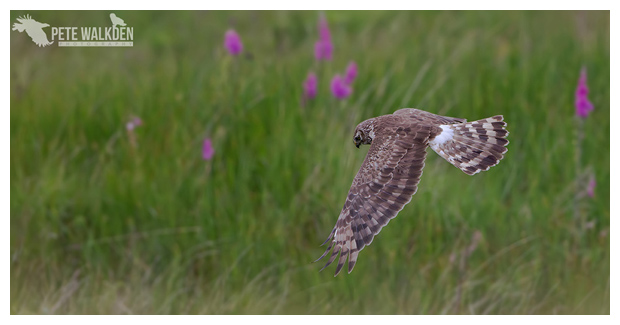
This is where we are at. Recently the RSPB turned their back on an action plan for hen harriers, as like many of us, they came to realise that it depended on people who we have just seen, are blatant liars, and know they can break the law for their own benefit, and get away with it. The plan simply won't work, and the ideas for brood management of these endangered birds will just provide more birds to be shot, poisoned, trapped or snared.
As far as I can see, the only way to stop the persecution of these birds of prey, is to change the current situation. Either a ban on driven grouse shooting (which is a specific type of shooting that demands ultra high numbers of grouse to be shot), or employ a licensing system on the estates. If, as the estates keep saying, these raptors are welcome on their land, then they'll have nothing to fear when it comes to getting their shooting licence renewed. If no crimes have been committed, then they'll be fine... but how are the crimes discovered?
One of the excuses wheeled out by the guilty parties is "where's the evidence?". Grouse moors are huge expanses of land, and after illegally killing a bird of prey, the perpetrator is hardly going to pop down to the local police station and admit guilt. No, the body will be buried or disposed of, and no-one will be any the wiser. This used to be the case, but things are changing, as technology lends a hand.
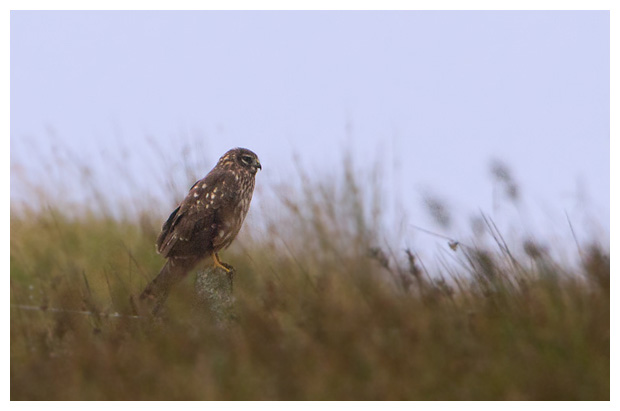
Satellite Tags
As with most things in the world of technology, satellite tags used for tracking these precious birds are becoming smaller, cheaper and more reliable. If a tag suddenly stops working, these days it isn't from a failure of the tech behind it. No, it's because someone has interfered with the tag, usually the person who set the trap, or pulled the trigger, and then discovered the "vermin" they had just killed was being watched by Big Brother.
And this is what is worrying the estates. Technology is starting to leave a trail of evidence that is becoming harder to ignore or explain away with lies. And this will only improve with each evolution of tech that is released. If all hen harriers are satellite tagged, and they keep disappearing on your estate, you're looking at a red card for your licence. Game over.
Shooting Protects Endangered Birds
Of course there is another angle to this whole thing, and is often spouted by supporters of the shooting world. The grouse moor management allows birds such as the recently red-listed curlew to thrive, and by "not letting in" the hen harriers, quite what that means is a mystery, helps protect a threatened species from these callous hunters. Quotes of surveys being conducted on bird populations on these moors are waved around to try to support this claim, with lapwings and golden plover often being mentioned.
Great, you think. Until you consider this: what have all these species listed in these surveys got in common? I'll tell you. Not one poses a threat of any sort to the grouse.
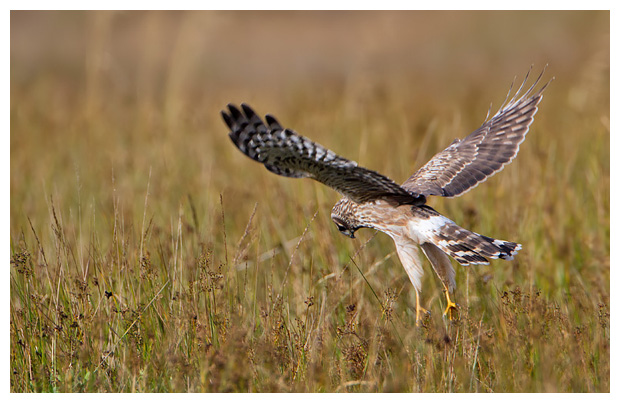
If any of them carried diseases or ticks that might infect the grouse, or heaven-forbid they preyed upon them, they'd not be living there. How do I know? Mountain hares sometimes carry ticks that can harm the health of the grouse, so these beautiful mammals are culled to protect the grouse numbers. Foxes, mustelids (that's stoats and weasels to you and me), corvids and of course birds of prey all pose a threat, so don't expect to tick those off on your I Spy Wildlife List for grouse moors.
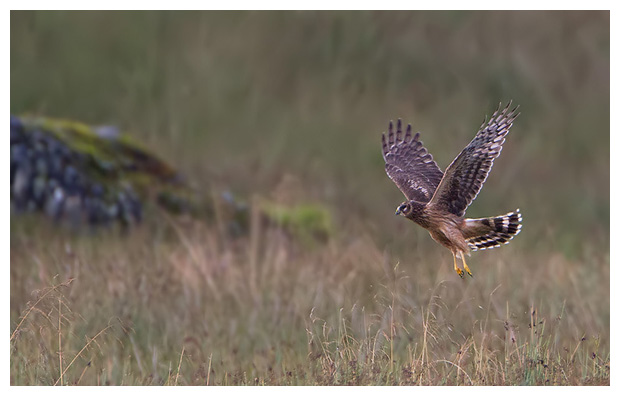
Now I know in England, in the UK as a whole, the ecosystems in place are artificial, and since the top predators were removed, Man must intervene to maintain a balance. I accept that, and have spoken to gamekeepers who have an obvious love of the wildlife they manage, and see their job as a means of providing a balance out there. And this is the key, balance. Currently there is no balance on grouse moors. It's all for the grouse, and anything else, unless it poses no threat, is slain.
Conservationists and ecologists have for years asked for this simple thing from those owning or managing the land. Yet nothing has changed, the killing continues as the grouse shooting industry generates wealth, for those with wealth to enjoy, and anything that affects that wealth is simply managed away.
Action Plan
So what can you as a reader do? Well, keep an eye on social media and follow any of the prominent ecologists and conservationists who are trying to change the current situation. Google "Hen Harrier Day" to see if one is local to you, and go along to hear what it's all about. Take notice of blogs by organisations such as the RSPB, Raptor Politics and Persecution, plus a number of other websites that strive to bring these issues to light. Sign some of the e-petitions that are created to bring such matters to the attention of politicians, maybe giving them a heads-up that more and more people are taking notice of this issue.
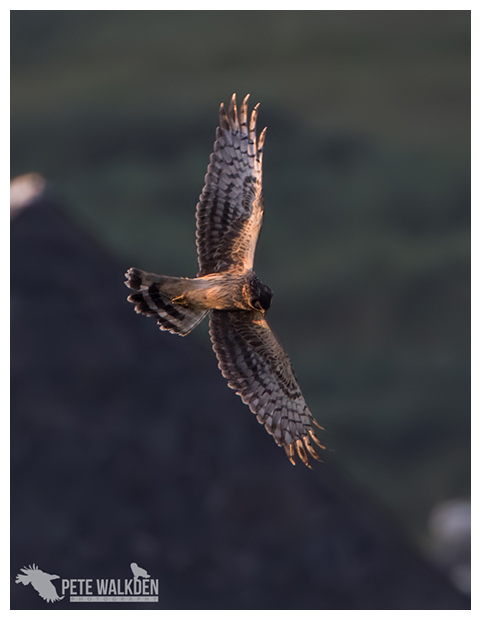
It is after all the public that I think will force a change here. A recent petition to ask for a ban on driven grouse shooting reached its goal of 100,000 signatures meaning it will be debated in the House Of Commons. 100k out of a population of circa 65 million isn't much, but from acorns...
Point being, fox hunting wasn't on many people's radars back in the 1980s and 90s, but through campaigning and raising public awareness, it was eventually banned in 2005 after public outcry. And this is what might be on the cards for grouse shooting.
Unless of course those involved get their houses in order, make changes that appease their critics, and everyone starts to see hen harriers and other beautiful birds of prey hunting over grouse moors once again. I won't hold my breath on this though...
Skydancers
For me, the sight of a hen harrier, be it sat on a fence post drying its feathers from the night's dew, quartering the moors or marshes, defying whatever the weather throws at it, to catch prey, circling high calling out to a mate below, to perform a startling mid-air food-pass, or spiralling up and down in the breathtaking skydance reserved for courting, it is a sight to be treasured, placed in that part of your memory to dig out on dull days, or better yet captured on camera for others to enjoy.
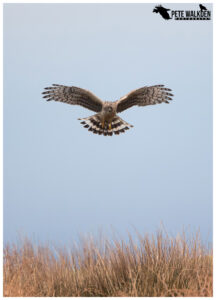
A hen harrier, safe on Mull
Hen harriers are a part of the fabric that makes up our green and pleasant land, and should be protected and admired by all.

